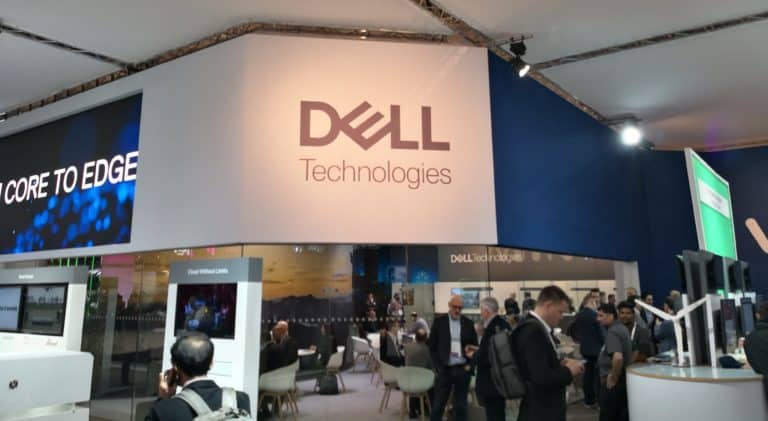Dell has made its first all-flash object storage appliance, signaling the arrival of flash object storage in the mainstream. The performance jump between disk and flash is significant. Dell says that the new ECS EXF900 is fast enough to be used in AI applications.
In different terms, object storage is no longer left to be used on cheap and deep workloads. Tony Yakovich, the ECS product marketing manager, wrote that organizations are waking up to the advantages offered by object storage, including flexibility, scalability, API-driven cloud-native architectures, when working in tandem with all-flash media.
Object can support the most data-hungry workloads, priming the market for a revolution.
Performance hits all-time high
Dell’s launching of the EXF900 means the company now joins all-flash storage pioneers like Scality, NetApp, Cloudian, and Flash Blade. The EXF900 has the lowest capacity and higher performance of the ECS line of appliances.
The disk-driven counterparts are the EX300 (low-end), EX500 (mid-range), and the high-end EX3000 arrays.
The EX900 utilizes NVMe SSDs and a PowerEdge server to deliver the juice. ECS software is used for the backend network. The result is a performance improvement of 21 times compared with the EX300 and processes 19 times more transactions for every second.
Perks abound
The EX300 peaks out at 24mbps with 10kb writes, but the EF900 is further ahead at 511mbps. With the ECS 3.6 update, Dell adds object cloning to the mix. A single request is all it takes to write or copy multiple private copies in the backend.
Not only will that reduce client-side processing and server-side processing, but also bring down network load. Yakovich says that this feature is excellent for those in the media and entertainment industry.
The new version of ECS comes with a new API that can be used to automate the reporting on system security settings and integrate ECS with the current monitoring and data protection plans.
Tip: Dell EMC PowerStore: new intelligent storage system for all data
